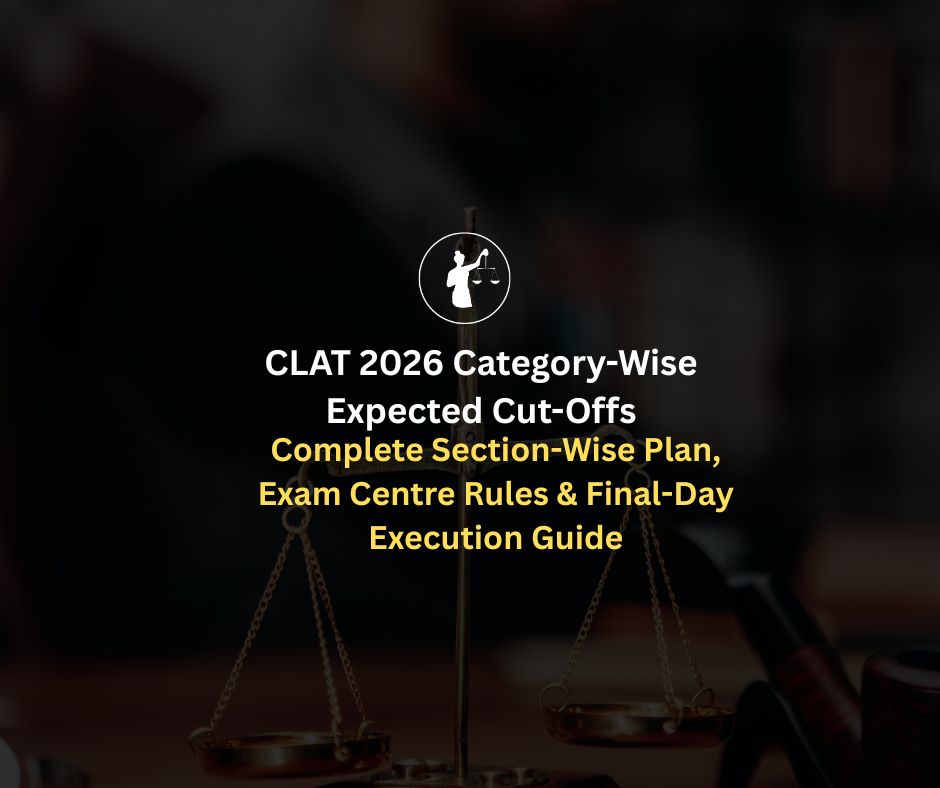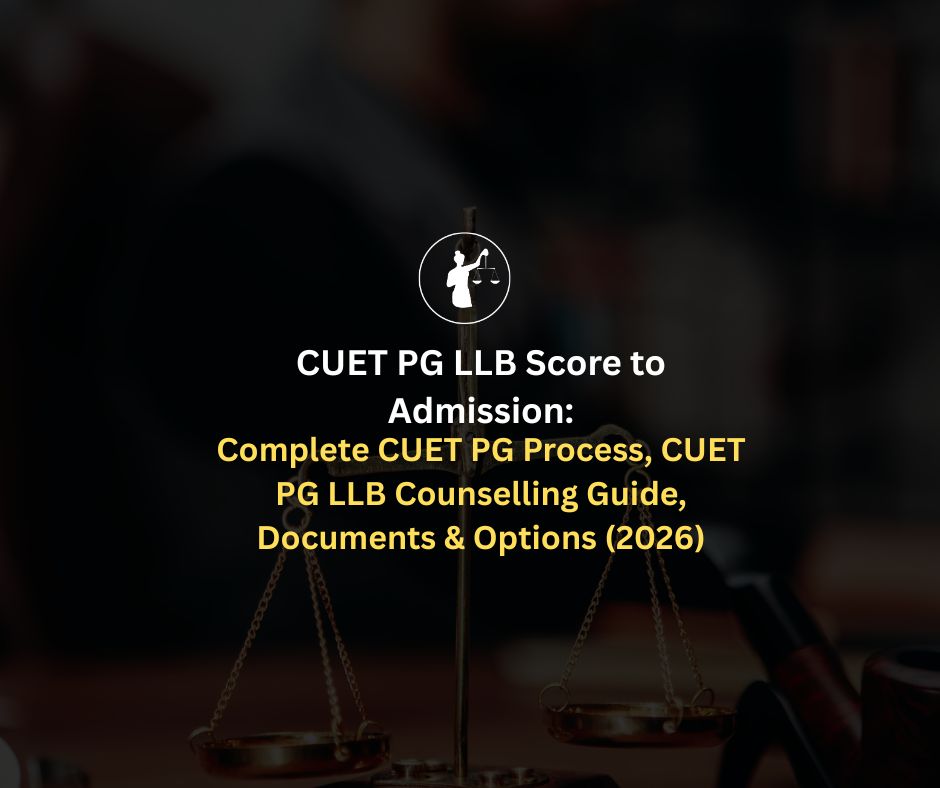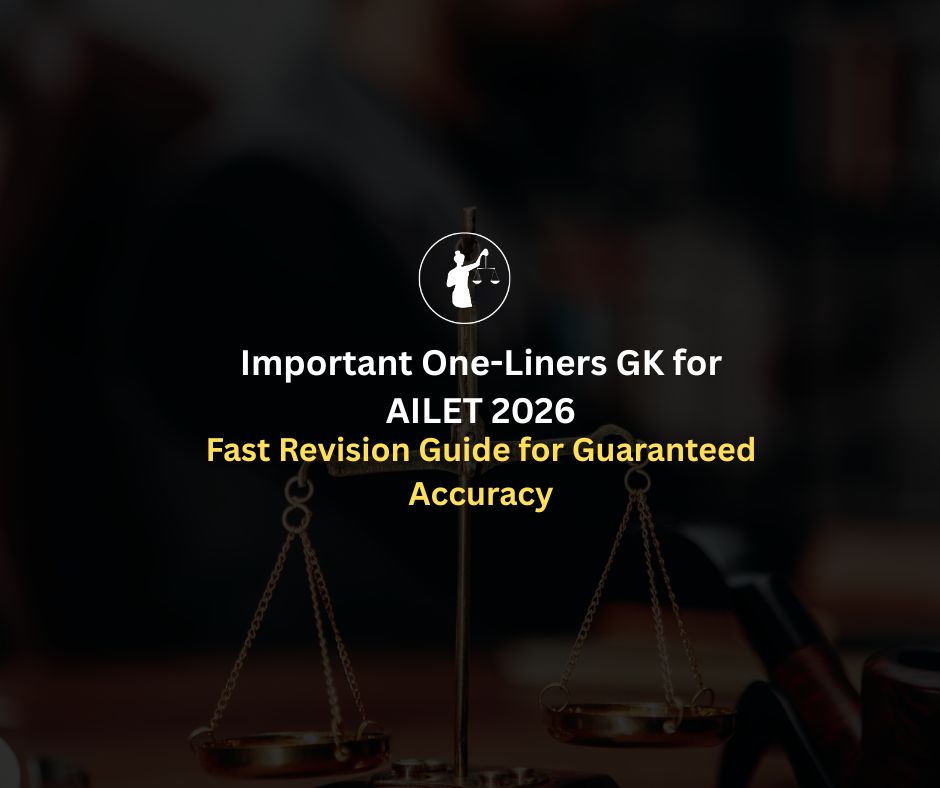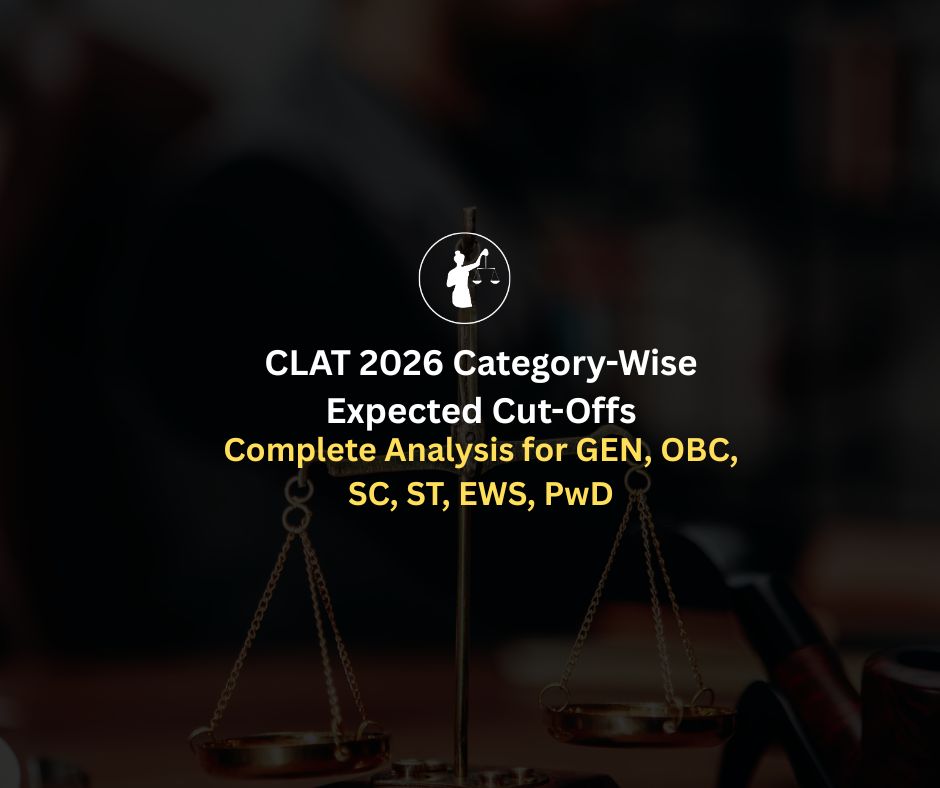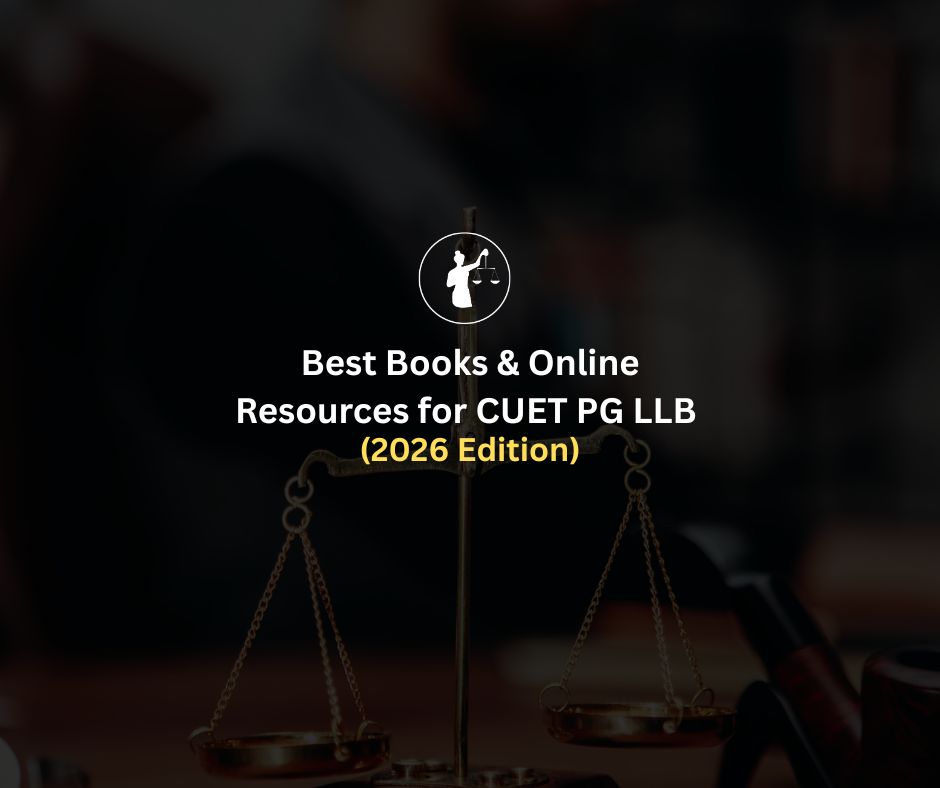The National Law School Admission Test (NLSAT) is your gateway to pursuing a three-year LLB program at the prestigious National Law School of India University (NLSIU). With its unique combination of objective and subjective questions, the exam tests not just your knowledge but also your analytical, legal reasoning, and writing skills. Preparing for the NLSAT 2025 may seem daunting, but a structured and strategic approach can make the journey smooth and efficient.
In this blog, we’ll walk you through a step-by-step guide to kickstart your NLSAT 2025 preparation, whether you're self-studying or planning to join NLSAT coaching.
NLSAT Online Coaching and Mentorship
Step 1: Understand the NLSAT Exam Pattern and Syllabus
Before diving into preparation, it's crucial to familiarize yourself with the exam structure and syllabus.
Exam Pattern:
The NLSAT is divided into two parts:
Syllabus Overview:
- English Comprehension: Grammar, vocabulary, and passage-based questions.
- General Knowledge & Current Affairs: National and international events, awards, appointments, and important dates.
- Legal Aptitude: Legal principles, analytical reasoning, and basic legal concepts.
- Analytical Reasoning: Logical reasoning, puzzles, and critical thinking.
Action Points:
- Download the official syllabus from the NLSIU website or trusted coaching platforms.
- Break down the syllabus into weekly or monthly milestones for targeted preparation.
Step 2: Assess Your Current Level
Before creating a study plan, understand your strengths and weaknesses in various sections.
How to Do This:
- Attempt a diagnostic test to evaluate your knowledge of legal aptitude, reasoning, and GK.
- Identify sections that require more attention.
Why This is Important:
- It helps you allocate time effectively to different sections.
- Enables you to prioritize areas that need improvement.
Step 3: Create a Realistic Study Plan
Consistency is key to cracking the NLSAT. A well-structured study plan ensures that you cover the syllabus without feeling overwhelmed.
Tips for Creating a Study Plan:
- Daily Goals:
- Allocate 2–3 hours on weekdays and 4–5 hours on weekends for preparation.
- Weekly Focus Areas:
- Dedicate specific days to individual sections, such as English, GK, and Legal Aptitude.
- Mock Test Schedule:
- Take one mock test every two weeks in the beginning and increase frequency as the exam approaches.
- Revision:
- Reserve one day each week for revisiting previously covered topics.
Step 4: Gather the Right Study Materials
Having the right resources is essential for efficient preparation. Avoid overloading yourself with too many books and stick to trusted materials.
Recommended Books and Resources:
- English Comprehension:
- Word Power Made Easy by Norman Lewis.
- Practice comprehension passages from online sources.
- General Knowledge & Current Affairs:
- Manorama Yearbook.
- Newspapers: The Hindu or Indian Express.
- Monthly current affairs compilations by reputable coaching institutes.
- Legal Aptitude:
- Legal Awareness and Legal Reasoning by AP Bhardwaj.
- Past year CLAT legal reasoning questions for practice.
- Analytical Reasoning:
- Logical Reasoning and Data Interpretation for the CAT by Nishit Sinha.
Additional Resources:
- Online courses and NLSAT coaching programs.
- Mock tests and sectional quizzes available on coaching platforms like CLATNLTI.
Step 5: Decide Between Self-Study and Coaching
While many students opt for self-study, others benefit significantly from NLSAT coaching, which provides structured guidance and expert feedback.
Benefits of Coaching:
- Access to curated study materials and mock tests.
- Expert mentorship for tackling subjective questions and essay writing.
- Regular performance tracking through tests and feedback.
Who Should Opt for Coaching?
- Aspirants unfamiliar with legal reasoning or analytical writing.
- Students who struggle with self-discipline and require structured guidance.
Action Plan:
- Research coaching programs and enroll early to maximize benefits.
- Reputable coaching platforms like NLTI offer comprehensive courses for NLSAT preparation.
Step 6: Develop Strong Writing Skills for Part B
The subjective section of NLSAT (Part B) is where you can differentiate yourself from other candidates. Mastering essay writing and short-answer responses is critical.
How to Prepare for Part B:
- Practice Essays Weekly:
- Write essays on current socio-legal issues, such as gender equality, freedom of speech, or climate change.
- Use the IRAC Method:
- For short answers, structure responses using the IRAC (Issue, Rule, Application, Conclusion) approach.
- Seek Feedback:
- Share your essays with mentors or peers for constructive criticism.
Resources for Essay Writing:
- Editorials from The Hindu and Indian Express.
- Legal opinion pieces on websites like LiveLaw or Bar & Bench.
Step 7: Stay Updated on Current Affairs and Legal Development
A strong command over current events and legal updates is essential for both Part A and Part B.
How to Stay Updated:
- Read newspapers daily and focus on legal news.
- Follow monthly current affairs compilations.
- Maintain a dedicated notebook for important events and legal developments.
Topics to Focus On:
- Constitutional amendments.
- Supreme Court judgments.
- Key international events and treaties.
Step 8: Take Regular Mock Test
Mock tests simulate the actual exam environment and help improve time management and accuracy.
Benefits of Mock Tests:
- Identifies weak areas and recurring mistakes.
- Builds confidence for exam day.
- Enhances time management skills.
How to Approach Mock Tests:
- Start with topic-wise tests before moving to full-length mocks.
- Analyze your performance after every test.
- Revisit weak topics and work on improvement.
Step 9: Focus on Time Management
Balancing preparation with other commitments is a challenge for many aspirants.
Tips for Effective Time Management:
- Use time-tracking apps to monitor study hours.
- Divide study sessions into smaller blocks with breaks in between.
- Set achievable daily and weekly goals.
Step 10: Take Care of Your Health and Well-Being
Your physical and mental health plays a crucial role in your performance.
How to Stay Healthy:
- Get 7–8 hours of sleep daily.
- Exercise or practice yoga to reduce stress.
- Take regular breaks during long study sessions to avoid burnout.
NLSAT Online Coaching and Mentorship
Final Thoughts
Starting your NLSAT 2025 preparation on the right note is essential for success. Whether you choose self-study or enroll in NLSAT coaching, having a clear strategy and staying consistent is the key. By following this step-by-step guide, you can build a strong foundation, enhance your skills, and approach the exam with confidence.
